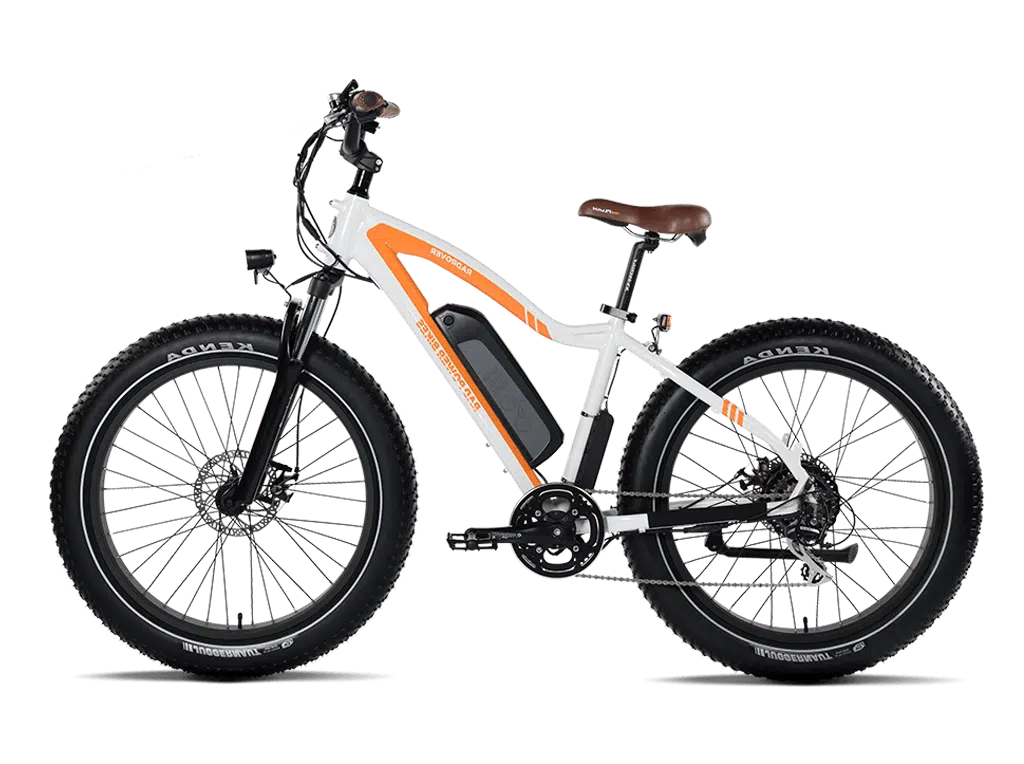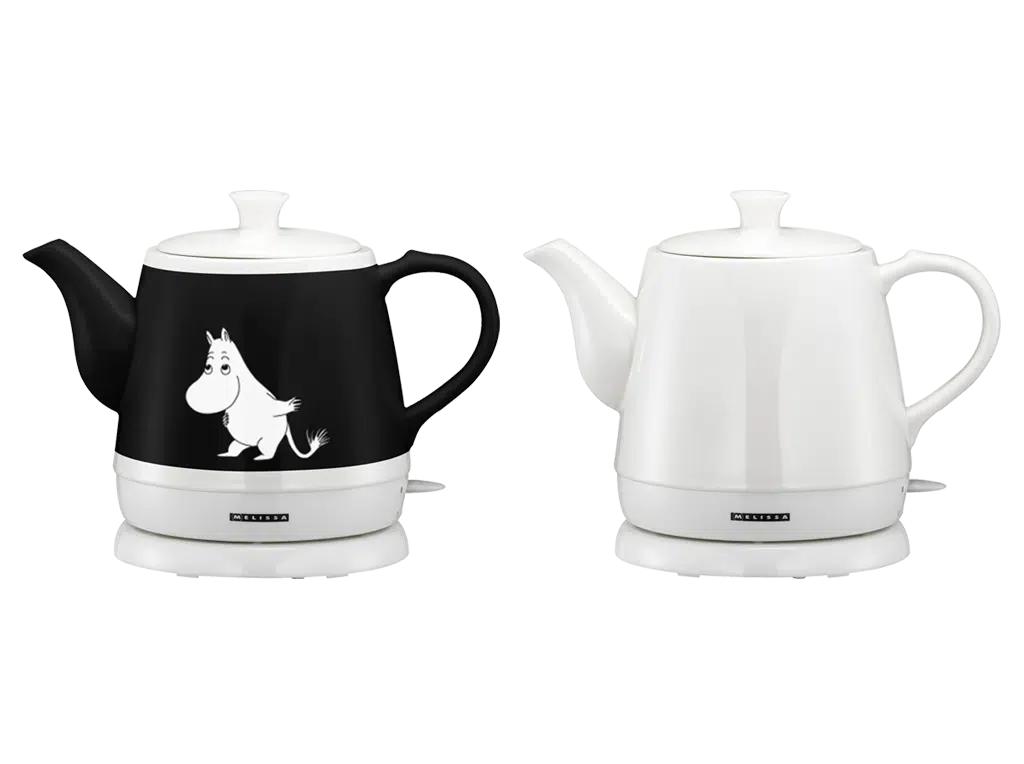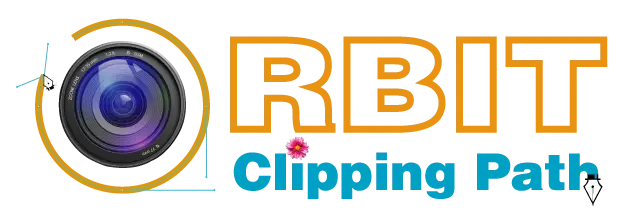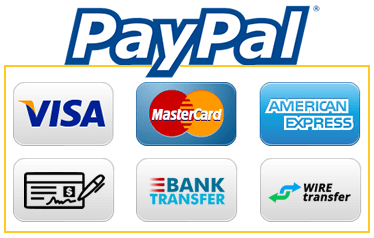
Why Product Presentations Matter
As an industry veteran, I have always known how important it is to present products as a part of the business progress. They establish the link between a great product or new service and getting that amazing feature, functionality, and business promise out to your future customer base. An appealing and interactive product presentation can be the deciding factor between a sale made in heaven and another opportunity gone cold.
With the array of choices available in a competitive market where attention spans are at their minimum, giving an effective and persuasive product presentation is one skill every sales/marketing professional has had to have. When you perfect the way your product is introduced, it can capture an audience, gain trust and finally convert.
This ultimate guide will show you the essential tools, methods and practices to create that perfect product presentation which sets your pitch apart from everyone else’s!
Key Components of a Product Presentation
Crafting a successful product presentation involves a careful balance of various elements. Here are the key components you should consider:
1. Details: Describe what your presentation is about, is it an introduction to a new product or are you simply showing the features of certain products and services as well its unique selling points.
2. Understanding Audience: Proper Research on Who Your Target Audience is, What Suffers Them & their Needs. This will help you structure your presentation so that it really hits home.
3. Make up a Story: Focus on building the story of your product; Show how it went from an idea to being used by people in their everyday lives. Telling a story is another great way to emotionally connect with your audience.
4. Visual Content: Use good quality visuals like infographics, product images and videos to build a story around it & make it visually appealing.
5. Practice: Rehearse your presentation and make sure you deliver it with whatever comes out as smoothly chirp, eye contact is maintained, body language correctly used, response to Audience question properly attended.
6. Success Metrics: Set measurable targets (e.g., qualified leads, sales inquiries and product demos booked) to gauge the success of your presentation.
If these elements are well-addressed in your product presentation, it will no longer just inform and educate the audience — but motivate them to act accordingly.
Structuring a Successful Product Presentation
Proper organization of your product demonstration is imperative to have the audience interested, and make sure you clear the message as intended. Here’s a suggested structure:
1. Put: Introduction—Begin with a powerful opening to grab (actually, the term is prevent) your viewer’s attention in order to introduce what you have and set up how it will all play out.
2. Describe what problem or issue your product is intended to address, demonstrating that you understand your target audience demands.
3. Summary of Your Product: Present a concise overview of what your product entails, emphasizing its unique value proposition and key features that provide these benefits.
4. Competitive Differentiation: Explain how your product is unique from others available in the market and what benefits it offers to its end users compared with competition.
5. Case studies or testimonials should be used to show that how things really work in the real world for which it was designed.
6. Call-to-Action: Finally, end your pitch with a powerful and simple Call to Action that tells the audience exactly what they need to do next in order for you two ways ie either Booked Demo/Get Quotation/Buy.
Through this systematic approach, you will easily lead your audience to an intended outcome in a more ordered and captivating progression.
Different Types of Product Presentations: What Works Best?
How you entertain your prospect will differ depending on the scenario, who is in attendance and what kind of action are you trying to achieve with it. The most effective product presentationsaire: There are different types of Product Presentations and the type that suites you per your situation is summarize below.
1. In person presentation: the good old way that lets you communicate with your audience face to phase and see if they like what you are saying or dozing off). Perfect for small to medium sized groups – i.e., sales meetings, product presentations – in person.
2. Virtual Presentations: Virtual presentations have gained traction in light of remote working and increasing online engagements. While this format makes it easy for accesiblity and flexibility expanded, you will definitely focus on the engagement aspect well enough as several of technical considerations.
3. Show Instead Of Tell: A product walkthrough — literally walking them through the features/functionality of your product— can be very powerful to putting tangible benefits behind all those words. This is especially effective for elaborate or technical products that require in-depth persuasion to get the lead past objections and enhance trust with a live demonstration.
4. Webinar or Livestream: Hosting a webinar is an easy way to create content that can reach a larger audience and build leads with the right kind of product information. Real-time interaction here you can record the session for later.
5. Perhaps this means that you need presence for your trade show or conference presentation. These slides should be short and punchy, with plenty of visuals used to engage the audience as much a possible at that stage.
Select the presentation format that caters to your public, and works best for your product or service complexity, as well as what are you looking for them(clean more about macro KPIs below). Test different methods with the feedback to find out what works best for your organization.
Techniques for Making Your Presentation Engaging
Say, you will have your product presentation next week and would want to make it memorable so the audience has something that they can remember by. This article revolves around some of tips or techniques that might help in capturing attention when doing a demo for presenting FRP during prelims:
1. Create a Story: Develop an enthralling story that incorporates your production characteristics as well solutions in addition to stir up emotional baggage. This can make the purpose of the product and how it would benefit described for them to get a clear understanding and put themselves in the shoes.
2. Engagement: Add engaging elements like live demos, audience polls or hands-on exercises so that the listeners are compelled to participate in your address.
3. Graphic- Stylised Slides: High resolution attractive slides that reinforce your messaging with strategic use of imagery, leaving enough white space for eyes to rest
4. By taking a more personalized approach you can make the content of your presentation be for them rather than about them by addressing their pain points and how they are they going to solve it with your product.
5. Humor and Personality Generally, you should add some humor as well as personality to your presentation so that it becomes more memorable but at the same time do not make jokes if they seem like inappropriate because remember professionalism is important.
6. Envision Objections: Plan in advance what objections or concerns your audience might have, and how you will intellectually substantiate them.
7. Strong Call to Action: Finish your presentation with an engaging and effective call-to-action that convinces your audience of what they need to do next, whether it be booking a demo or inquiring about price.
Using these methods to get your audience engaged, will gain you their attention and trust in a much higher percentage likelihood of success from the product presentation.
Conclusion, Strategies to Take Your Presentation to the Next Level
To sum up, giving an excellent product presentation is a necessary ability for every sales or marketing person. Now that you have understood how things work in a product presentation, structure them right and bring something new to the table so your product presentations can improve their key elements include it properly drive some results for your campaign.
Here is how you can elevate your product presentations:
1. Iterate: Ask your audience for feedback on a regular basis, review presentation analytics and constantly refine the way you communicate to make sure that you are meeting their changing wants.
2. Technology is Your Friend: Experiment with new presentation tools and technology like smartboards, virtual or augmented reality to elevate the event experience and add an immersive layer to your presentations.
3. Work with Subject Matter Experts: Working directly with your product owners, engineers or customer success teams to include their knowledge and understanding of the many intricacies at play will ground all insights within a deep level of product context.
Categories
Recent Posts

Color Correction Services
Color Correction Services

Background Remove Services
Background Remove Services

Clipping Path Services
Clipping Path Services

Image Manipulation Services
Image Manipulation Services

Image Masking Services
Image Masking Services


